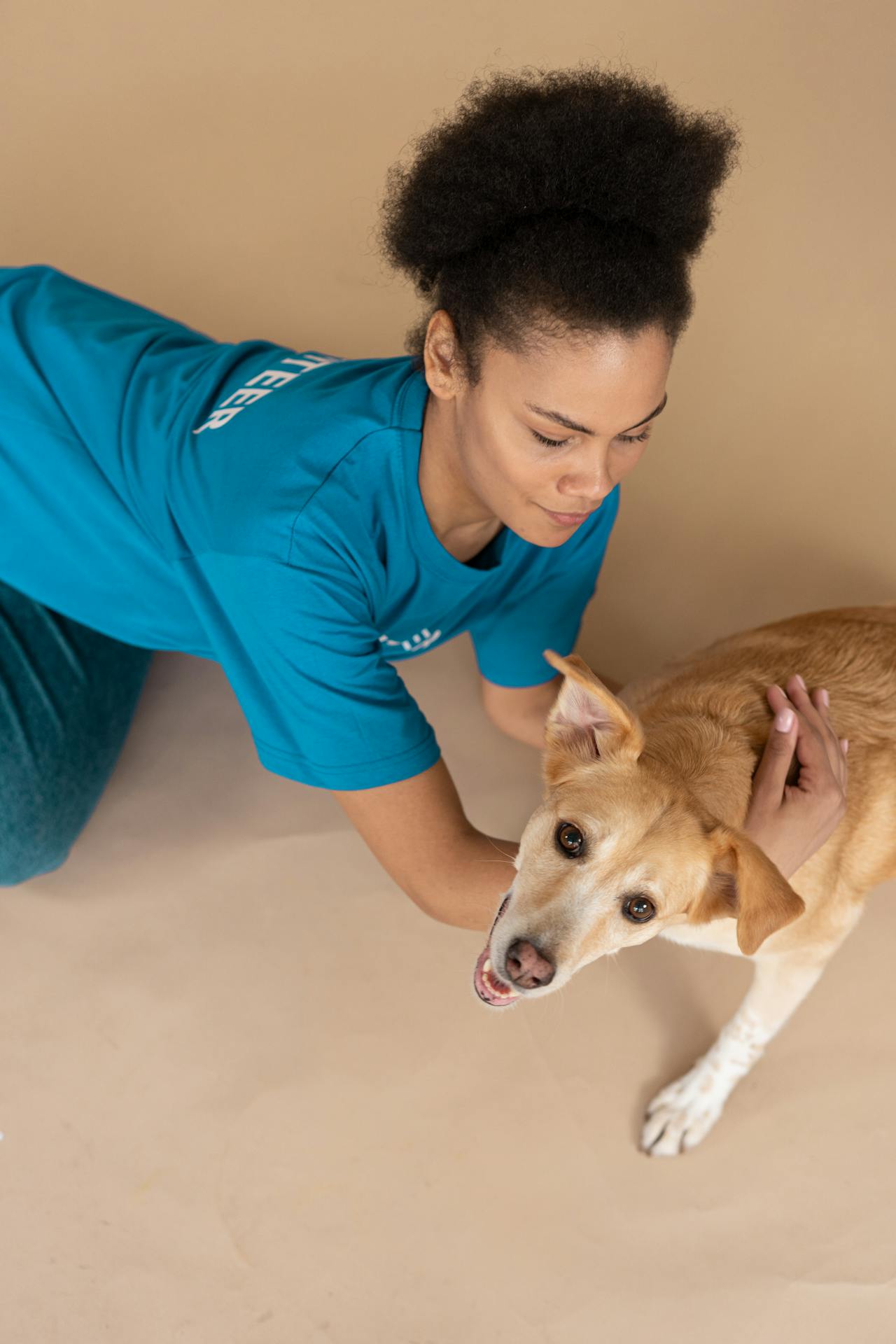The bond between humans and dogs spans thousands of years, earning dogs the well-deserved title of “man’s best friend.” This connection goes far beyond companionship, providing emotional and psychological benefits for both humans and their canine counterparts. While many are aware that owning a dog can boost mood and alleviate anxiety, fewer realize that dogs also thrive emotionally from this relationship. Caring for a dog not only enhances your mental and physical well-being but also enriches the life of your furry companion, creating a mutually rewarding experience.
How Dogs Improve Mental Health
Maintaining good mental health is essential for a happy, fulfilling life. Poor mental health can contribute to physical problems, such as a weakened immune system and cardiovascular issues. One effective way to care for your mental health is by raising a dog. While pet ownership comes with responsibilities, the emotional rewards are immense.
Dogs can help regulate your mood, alleviate loneliness, and reduce symptoms of anxiety and depression. The structure and routine involved in caring for a dog create a sense of stability and can encourage healthier daily habits, ultimately enhancing your overall well-being.
Dogs and Anxiety Relief

Interacting with dogs has been scientifically shown to reduce anxiety. Physical contact, such as petting or cuddling, can lower heart rates and help alleviate symptoms of stress or panic. Dogs are remarkably intuitive to human emotions, often providing comforting reassurance when they sense their owner is feeling anxious.
Thanks to their calming presence, dogs are commonly incorporated into treatments for anxiety disorders, including post-traumatic stress disorder (PTSD), Obsessive-Compulsive Disorder (OCD), and Generalized Anxiety Disorder (GAD). Simply spending time with a dog can create a tranquil environment, making it easier to manage anxiety and find emotional balance.
Dogs and Depression Management
In addition to alleviating anxiety, dogs are also highly effective in helping people cope with depression. Studies have shown that pet ownership not only reduces symptoms of depression but also fosters a positive emotional bond that can be incredibly uplifting. Moreover, dogs naturally encourage physical activity, which helps combat depressive symptoms by releasing endorphins—the body’s natural “feel-good” chemicals.
Furthermore, daily activities such as walking your dog or playing fetch provide opportunities to spend time outdoors. Research consistently shows that outdoor exposure improves mood and reduces feelings of sadness. When combined with the unwavering companionship of a loyal pet, these simple routines become a powerful antidote to depression.
Physical Health Benefits: Blood Pressure and Heart Health
The benefits of owning a dog extend far beyond mental health—they also significantly impact physical well-being. For instance, living with a dog can help lower blood pressure and reduce the risk of heart disease. This is largely because dog owners are more likely to engage in regular physical activity, such as daily walks, which naturally promote cardiovascular health.
Moreover, the simple act of petting a dog has been shown to reduce stress levels, which in turn decreases inflammation and lowers bad cholesterol. Notably, studies reveal that heart attack survivors who own dogs tend to have higher survival rates, thanks to the combined mental and physical health advantages their pets provide.
How Humans Benefit Dogs

The bond between humans and dogs is truly symbiotic, offering benefits to both sides. Just as dogs play a vital role in helping humans maintain emotional balance, humans contribute significantly to a dog’s mental well-being. As highly social animals, dogs thrive in structured environments and within the dynamics of a loving family.
The Importance of Routine
Dogs are creatures of habit, and establishing a consistent routine for meals, walks, and playtime can greatly reduce their stress levels. The predictability of a structured day helps dogs feel secure and content in their environment. Additionally, a well-maintained routine can minimize undesirable behaviors, such as chewing on furniture or having accidents indoors, as it provides dogs with clear expectations and stability.
Exercise and Mental Stimulation
Exercise is vital for maintaining a dog’s physical and mental well-being. Regular physical activity not only helps keep your dog at a healthy weight but also improves cardiovascular health and reduces the risk of various diseases. Additionally, exercise provides essential mental stimulation, ensuring your dog stays happy and engaged.
Activities like brisk walks in the park or games of fetch in the backyard are great for promoting overall health and strengthening your bond. On days when outdoor play isn’t possible, indoor activities—such as puzzle toys or training exercises—can provide much-needed mental engagement, keeping your dog active and entertained.
Fulfilling Basic Needs

Dogs depend on their human companions to meet their basic needs, including food, shelter, medical care, and emotional support. Ensuring a safe and stable environment helps reduce anxiety and fosters a stronger bond between you and your furry friend. By consistently fulfilling these essential needs, you not only prolong your dog’s life but also significantly enhance their overall quality of life, allowing them to thrive.
Reducing Canine Stress and Anxiety
Just as dogs can help alleviate human stress, humans can also play a crucial role in calming anxious dogs. Many dogs experience anxiety during stressful situations, such as thunderstorms, fireworks, or loud noises. By offering comfort and utilizing calming techniques—such as gentle petting or anxiety-reducing supplements—pet parents can help ease their dog’s distress and create a reassuring sense of safety.
Choosing the Right Dog

Finding the right dog for your lifestyle is key to ensuring a harmonious and fulfilling relationship. Different breeds have unique needs, temperaments, and energy levels, so it’s important to consider these factors before making a decision. When choosing a dog, ask yourself the following questions:
- Are my needs and the dog’s needs compatible?
- Do I have the resources to meet this dog’s needs?
- How much time can I dedicate to training and socializing?
- Is the dog’s temperament suitable for my household?
- Do I have adequate space for this dog?
By thoughtfully considering these questions, you can select a dog that aligns with your lifestyle, setting the stage for a mutually rewarding relationship.
Dogs are loyal companions that offer unconditional love, emotional support, and a host of mental and physical health benefits. In return, humans provide dogs with the care, structure, and affection they need to thrive. Whether you’re seeking relief from anxiety, depression, or simply aiming to improve your overall quality of life, adopting a dog can be a transformative experience for both you and your furry friend.
Featured image: Nadia Krawiecka via @tamumcpherson/Instagram
Medical Disclaimer
All content found on the StyleRave.com website, including text, images, audio, video, and other formats is created for informational purposes only. The content is not intended to be a substitute for professional medical advice, diagnosis, or treatment. If you think you may have a medical emergency, please call your doctor, go to the nearest hospital, or call 911 immediately depending on your condition.
For the latest in fashion, lifestyle, and culture, follow us on Instagram @StyleRave_
—Read Also




























+ There are no comments
Add yours